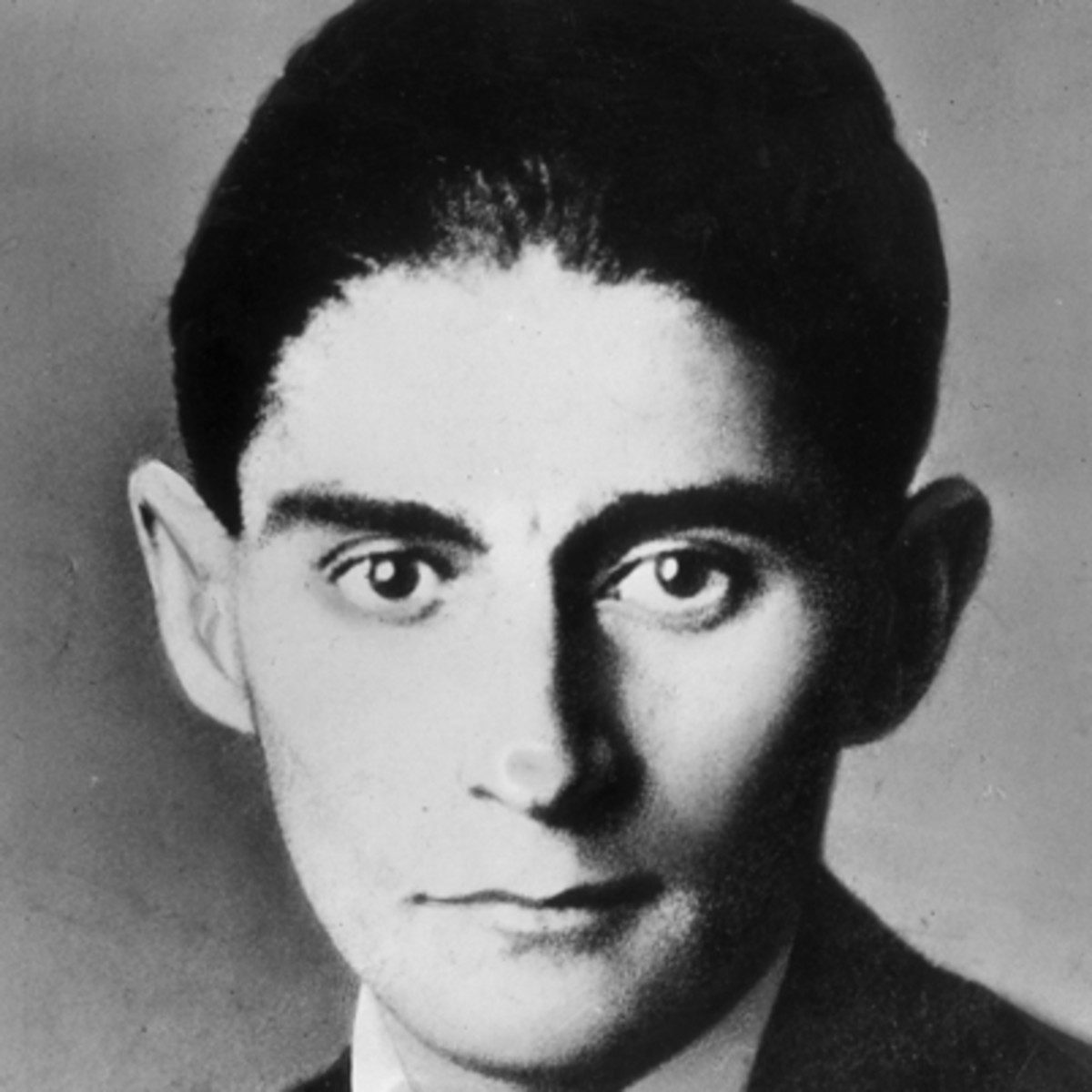📗 Libro en inglés METAMORPHOSIS AND OTHER STORIES
PENGUIN- 9780141188126
Sinopsis de METAMORPHOSIS AND OTHER STORIES
Who among us, upon awaking from troubled dreams and dreading another soul-sucking day at the office, hasn't felt a bit like a cockroach? So it goes with Gregor Samsa in Franz Kafka's nightmare allegory "Metamorphosis." In the 1915 tale of the dutiful son and exhausted traveling salesman who is unaccountably transformed into a giant insect, Kafka tapped into our fear that we're little more than vermin under the hard-soled shoes of society. We dread a life where we'll end up like Gregor, whose "whole left side was one long, unpleasantly stretched scab, and he was positively limping on his two rows of legs." Only a handful of Kafka's stories were published before his death in 1924; he left his friend Max Brod with instructions to destroy all remaining manuscripts. Fortunately, Brod disobeyed, and today not only has "Kafkaesque" entered the lexicon, but thousands of grad students have labored to dissect the symbolism in Kafka's unfinished novels: The Trial (1925), The Castle (1926), and Amerika (1927). "Kafka's writing is a remarkable instance of something coming out of nowhere and, in the space of a human generation, attaining in its reception the condition of inexhaustible intractability he was so often drawn to describing within it," Michael Hofmann writes in the introduction to his translation of Metamorphosis and Other Stories. To Hofmann, a typical Kafka story is "a perfect work of literary art, as approachable as it is strange, and as strange as it is approachable." Take, for instance, "In the Penal Colony," where he describes how prisoners are strapped beneath a machine whose needles inscribe their crimes on their skin, over and over until nothing but bloody meat remains. Nearly every story in this collection is a classic example of what happens when realism and allegory press against each other and make us writhe in the nightmares of a writer at the peak of his art. --David Abrams
Ficha técnica
Editorial: Penguin
ISBN: 9780141188126
Idioma: Inglés
Número de páginas: 272
Tiempo de lectura:
5h 35m
Encuadernación: Tapa blanda
Fecha de lanzamiento: 11/12/2006
Año de edición: 2007
Plaza de edición: New York
Especificaciones del producto
Escrito por Franz Kafka

Franz Kafka (Praga, 1883-1924) se interesó desde joven por la mística y la religión judía, que ejercieron sobre él una notable influencia y favorecieron su adhesión al sionismo. Su obra, que nos ha llegado en contra de su voluntad expresa, pues ordenó a su íntimo amigo y consejero literario Max Brod que, a su muerte, quemara todos sus manuscritos, constituye una de las cumbres de la literatura alemana, y se cuenta entre las más influyentes e innovadoras del siglo XX. En la línea de la Escuela de Praga, de la que es el miembro más destacado, su escritura se caracterizó por una marcada vocación metafísica y una síntesis de absurdo, ironía, lucidez y pesimismo.
Descubre más sobre Franz Kafka Recibe novedades de Franz Kafka directamente en tu email
Opiniones sobre METAMORPHOSIS AND OTHER STORIES
¡Sólo por opinar entras en el sorteo mensual de tres tarjetas regalo valoradas en 20€*!






























